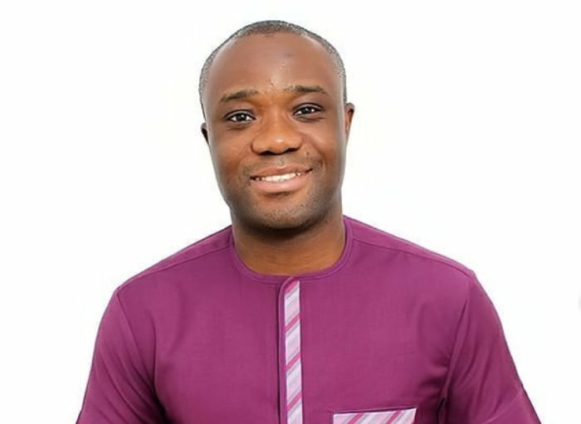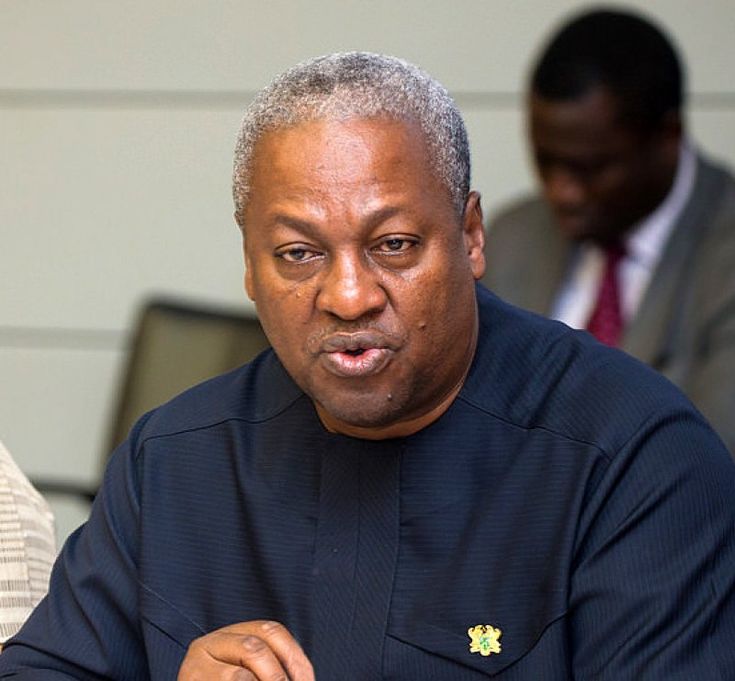As the new year unfolds, one resolution should be on everyone’s list: managing stress effectively to safeguard mental and physical health. Stress and burnout, while interrelated, are distinct experiences that profoundly influence our well-being. By understanding their nuances, we can take proactive steps to prevent their negative consequences and foster a more meaningful, balanced life.
The Nature of Stress
Stress is the body’s response to a perceived demand or threat. It manifests in psychological, physical, and social dimensions. The triggers, or stressors, can range from personal challenges like unemployment to professional pressures such as deadlines. Hans Seyle, often regarded as the “father of stress research,” posited that not all stress is harmful. In fact, a certain level of stress can enhance performance and, at times, even be pleasurable.
However, prolonged or excessive stress can suppress the immune system, impairing the body’s ability to fight illnesses. This becomes particularly concerning in high-stakes environments, where constant interaction with others—such as in healthcare or education—can drain emotional reserves.
Defining Burnout
Burnout takes stress to another level. Unlike stress, which can sometimes drive productivity, burnout is a state of complete emotional, physical, and mental exhaustion. It is characterized by:
- Emotional Weariness: A pervasive sense of fatigue that cannot be remedied by rest.
- Depersonalization: Feeling disconnected from oneself and displaying cynicism or a loss of empathy.
- Reduced Functionality: Doubts about one’s competence and a diminished ability to perform tasks effectively.
A common misconception is that burnout is purely psychological. However, it often stems from systemic issues, such as toxic work environments or a lack of meaningful engagement in daily tasks.
The Workplace: A Double-Edged Sword
Burnout frequently arises in professions where individuals are deeply involved in serving others. Healthcare workers, for instance, report high levels of emotional exhaustion due to constant exposure to patient suffering. Nurses on the frontlines have compared their experiences to being in a warzone, highlighting the intense emotional cost of their roles.
Moreover, modern work culture often emphasizes productivity over well-being. Employees are expected to perform at peak levels, often without adequate support. Over time, this creates a breeding ground for burnout.
Employers must recognize the critical role they play in mitigating burnout. Strategies include:
- Fostering a Sense of Belonging:
- Creating a work environment where employees feel valued and connected.
- Encouraging teamwork and open communication to build social cohesion.
- Aligning Work with Meaning:
- Employees are less likely to experience burnout when they see their work as purposeful. For example, knowing how one’s contributions directly benefit others can be a powerful motivator, even in high-stress roles.
- Promoting Kindness and Generosity:
- Acts of kindness within the workplace, such as offering support to colleagues, can reduce stress and build a positive culture.
Personal Prevention Strategies
While systemic changes are essential, individuals can also take steps to manage stress and prevent burnout:
- Prioritize Self-Care:
- Dedicate time to activities that nurture your body and mind, such as mindfulness or regular exercise.
- Seek Social Support:
- Whether it’s a friend, family member, or therapist, having someone to talk to can alleviate feelings of isolation.
- Align with Purpose and Values:
- Reflect on whether your personal and professional life align with your core values. This introspection can help clarify priorities and reduce unnecessary stress.
- Practice Mindfulness:
- Simple techniques like focusing on the breath can help bring you back to the present moment and calm an overactive mind.
- Create Safe Spaces:
- At home or work, strive to cultivate an environment where kindness, generosity, and collaboration are prioritized.
The Quest for Meaning
One of the most significant factors in preventing burnout is the human need for meaning. Loneliness and isolation, which are pervasive in modern society, often frustrate this quest. People yearn for connection, purpose, and the assurance that their lives and work matter.
Research shows that employees who find meaning in their work are more resilient to stress. For example, a teacher who knows their lessons are shaping the minds of the next generation is likely to feel more fulfilled, even during challenging periods.
A Call to Action for Employers
Stress management workshops and self-help resources are valuable, but they are not enough if workplace conditions remain unchanged. Employers must actively create environments that support employees’ mental health and foster meaningful engagement. This involves:
- Nurturing Social Cohesion: Developing a culture where employees feel both supported and valued.
- Balancing Unity and Diversity: Encouraging creativity and collaboration by embracing diverse perspectives while maintaining a sense of collective purpose.
- Encouraging Rest and Recovery: Recognizing that employees are not machines and need time to recharge.
Conclusion
As we move forward into this new year, let us commit to addressing stress and burnout with intentionality and compassion. By creating environments—both personal and professional—that prioritize meaning, connection, and well-being, we can not only prevent burnout but also thrive.
Stress and burnout are not just personal struggles; they are societal challenges that require collective action. Together, we can build a world where work and life are not just about surviving but flourishing.










